A NOTE FROM OUR FOUNDER
Dear Friends,
Although I didn’t arrive in the U.S. as a refugee, I consider myself a displaced person. While Iran was once called an “island of stability,” under the pressure of President Carter’s inconsistent international policy, the Iranian Revolution occurred. Thousands of Iranians were imprisoned or killed by the new regime, while the lives of those who fled were changed forever, including mine. I vividly remember the anxious days and restless nights while my family and I waited helplessly to hear the fate of our country. When the revolution threatened the lives of Americans in Iran, concerned American friends told us to hide our nationality. At university, I remember immigration officers interviewing Iranian students so they could identify and deport Khomeini sympathizers. Overnight, it felt like my identity had become a threat. It was only many years later that I started to understand the consequences of U.S. foreign policy on the lives of millions of people living in sovereign nations.
After September 11, 2001, three transformative events occurred in my life. First, an employment case manager at the agency I was leading asked me to meet with a group of Somali women she had taken to a potential hiring company. With tears in her eyes, one of the women said, “We’re Muslim, and nobody wants us here.” The case manager filled me in: the hiring agency threw their employment applications in the trash in front of them, declaring they had no jobs available.
The second inflection point was when a Nepalese mother with three children took her own life. Despite arriving in the U.S. with hopes of a better future for herself and her children, her resettlement benefits focused on finding employment, rather than language classes or vocational training. No effort was spent helping her process the trauma of fleeing her home, living in a refugee camp, or adjusting to a new culture. I often think about her, sure that her story would have ended differently if her resettlement benefits were focused on holistic wellness rather than economic self-sufficiency.
Third, despite my two sons being born in the U.S. and unbeknownst to me, they were called “terrorists,” “camel jockeys,” and other derogatory names at school. As boys, they put up with it because they wanted to act tough, but as a mother, I saw their emotional hurt and confusion. I vowed to make sure we, as refugees and immigrants, would be recognized as the courageous people we are.
These experiences showed me the damage caused by portraying refugees and immigrants as traumatized, powerless individuals of color who are detrimental to society. In particular, the media profoundly impacts the public’s view on who is deserving, determining who receives support from public policy and who does not. Americans, and the rest of the world, use this image to justify the need to keep displaced people away by any means: refugee admission quotas, questioning the legitimacy of asylum seekers, building a wall, and the Muslim ban, among others.
We cannot ignore how racist assumptions undermine our rights. The visual images of us, as depicted by the media and exploited by some politicians, show individuals with darker skin, without personal or political agency, devoid of valued skills, who seek to inflict harm on the U.S. and drain its resources. In reality, when we flee our homelands, we forfeit much: life-sustaining resources, social support, jobs, self-identity, culture, and statehood. Despite these profound losses, we are determined to succeed and to contribute to our adoptive homeland. We deserve a government that sees, hears, counts, and includes us in the policymaking that affects our lives, including refugee admission and immigration policies.
We are forming the New Americans Alliance for Policy and Research to use science and facts to collectively change public discourse, in turn shaping public policy. Our goal is to secure the prosperity, inclusion, and influence of all who call the U.S. home. How well we achieve our goal and how seriously we take this initiative will have a lasting impact on us, our children, all future refugees and immigrants, and our democracy.
In hope and gratitude,

Someireh Amirfaiz, Ed.D.
Founder and Executive Director, NAAPR
